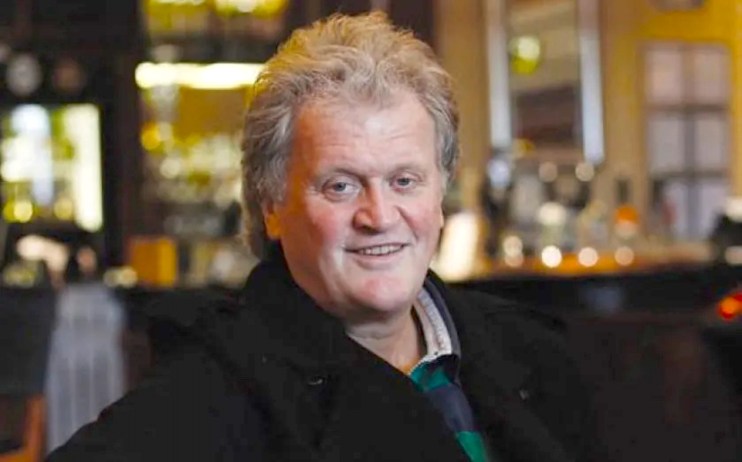Wetherspoon boss Tim Martin lashes out at ‘vast disparity in VAT treatment’ between pubs and supermarket alcohol sales

Wetherspoon boss Tim Martin has launched a scathing attack on the government, saying the biggest threat to pubs is the “vast disparity in tax treatment” compared to restaurants and supermarkets.
The outspoken chain boss said he was “cautiously optimistic” for the financial year ahead, as the firm published its like-for-like sales in the 25 weeks to January.
JD Wetherspoon said its sales were up 13.1 per cent in the period on last year, but down 0.7 per cent on pre-pandemic levels.
It said, over the festive break, that like-for-like sales in the last 12 weeks were up almost 18 per cent, but were lower than pre-Covid levels by two per cent.
This comes as many hospitality leaders have asked the government for more help in dealing with the energy and cost of living crisis, as they are hit by pressures from supply and demand.
Wetherspoon chairman Tim Martin said the firm was “cautiously optimistic about the company’s prospects for the financial year.”
He however lashed out at the government however, saying “the biggest threat to the hospitality industry is the vast disparity in tax treatment between pubs and restaurants and supermarkets.
“Supermarkets pay zero VAT in respect of food sales, whereas pubs and restaurants pay 20 per cent. This tax benefit allows supermarkets to subsidise the selling price of beer.”
“We estimate that supermarkets have taken about half of the pub industry’s beer volumes since Wetherspoon started trading in 1979, a process that has likely accelerated following the pandemic.
“Pub industry directors have, in general, failed to campaign for tax equality, which is an important principle of taxation.
Tesco, Sainsbury’s, Asda and Morrisons have been approached for comment.
Martin added that “unless the industry campaigns strongly for equality, it will inevitably shrink relative to supermarkets, which will not help high streets, tourism, the economy overall, or the ancient institution of the pub.”
Looking to the months ahead, the company’s net debt was £745m, which is around £60m less than it reported pre-pandemic. It invested more than £80m in 31 properties and opened two new pubs, while selling ten. It said the 10 it sold resulted in almost £3m coming in.
